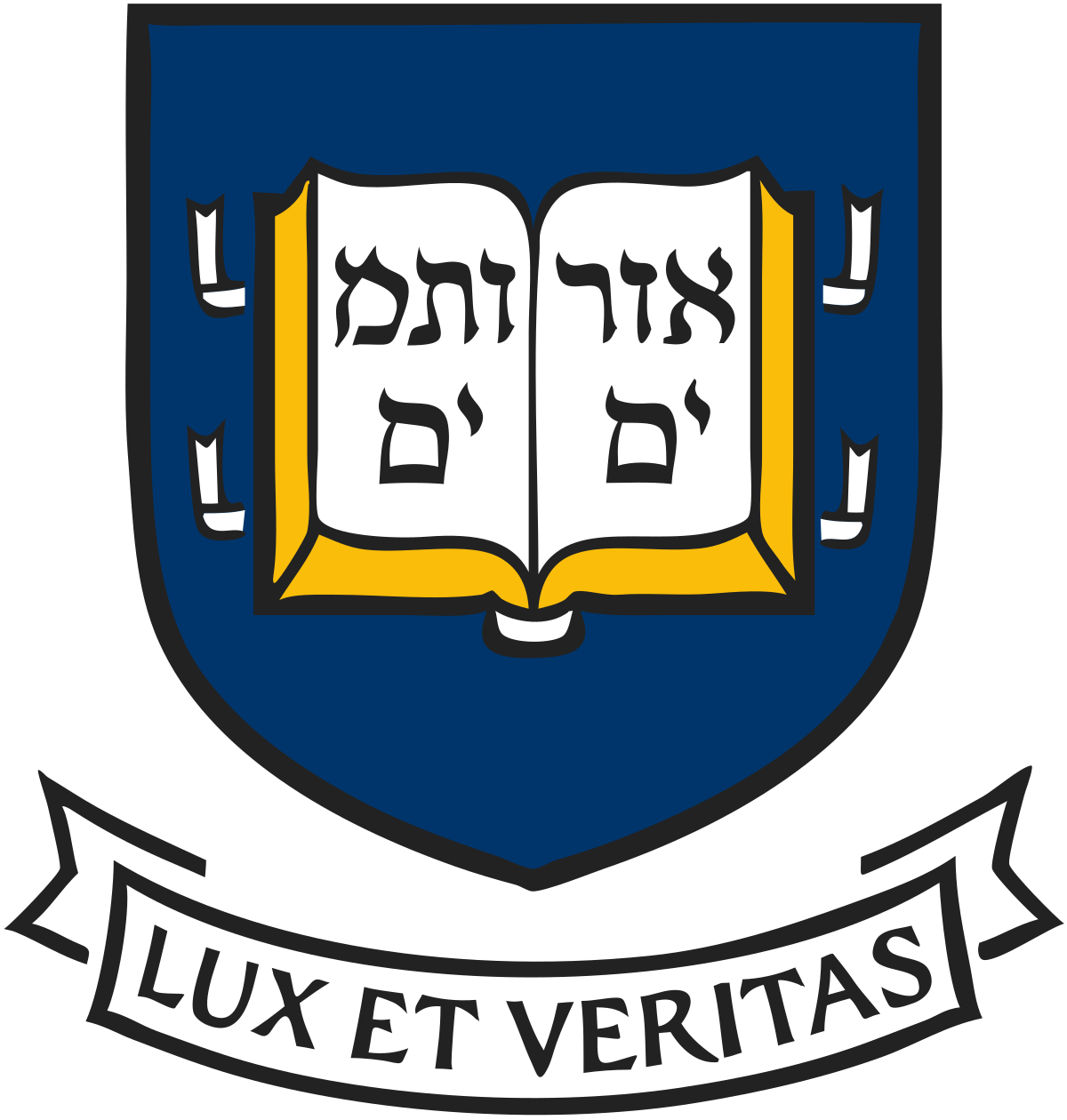To Get Into the Best Colleges, Think Like a Professional
Jason Wong • September 1, 2020
Small Things Matter... Like Resumes!
One of the first things we do at Endurable Education is get students started on building a professional resume. The resume helps each student summarize all their activities and accomplishments in an efficient document, and has multiple uses for college applications, interviews, and even career preparation. The idea is that each resume we help the students build can be updated and adapted for all of the student’s future career needs.
My current professional resume is adapted and evolved from my high school resume, although my resume looks very different today then it did back then. This is because I’ve learned many things since I first started. Throughout this time my resume has helped me earn positions in investment banking, finance, technology, and government. I hope to help students similarly get a strong start to their careers as well.
It’s interesting to me that many students don’t have a resume, and almost none have a high quality one. There are three main reasons why resumes are important:
1) they summarize your activities,
2) they help you communicate your activities, and
3) they are indicators of your work quality, effort, communication ability and personality.
The first and section reasons are ultimately related. If you can’t track your own activities and accomplishments, how will you communicate it to others? If you don’t communicate your activities and accomplishments to others, how will you improve your chances to accomplish your educational and professional goals?
Think about it this way. Whether you are applying for a job, or a spot on an elite college’s admission list, your hiring managers or admissions officers need to quickly learn about who you are and what you’ve done. They may consider and review more than a hundred applicants in a day. This means that they will likely only take 1 minute, maximum, before they make an initial decision. That initial decision is: do I read more? Or do I automatically reject this candidate.
Once you make it past the “initial screen” then the hiring manager or admissions officer will spend more time getting to know who you are, reviewing your resume carefully, and trying to learn as much about you as possible. This is where the third point comes in: resumes are indicators of your work quality, effort, communication ability and personality.
- Work quality. Many resumes can be sloppy. Inconsistent formatting, spelling mistakes, and even ugly can be common mistakes. If your resume has poor work quality, that could be a sign of your future work quality too. This is the easiest way for a hiring manager to reject a candidate. If you can’t trust them to put together a resume of basic quality, then you cannot trust them to do their work at a basic quality either. If a college admissions officer sees a sloppy activities list, or a sloppy resume, then they may think similarly as a hiring manager. At the very least, they won’t be impressed.
- Effort. It’s easy to tell when a candidate doesn’t put much effort or energy into something. It shows up in work quality. If the work quality is poor, chances are the effort is also poor. If a student or job candidate won’t put effort into something that can help them stand out, how can you trust that they will put effort into their job or college opportunity as well?
- Honestly, for students that I’ve come to evaluate, I’ve noticed a correlation. Students who put lots of effort into self-improvement and challenging themselves will typically put lots of effort into their resumes and other activities as well. These are the students who we can expect more extraordinary results in college admissions (and life)! Students who don’t try hard in their resumes are typically the students that don’t seem to try very hard in school either. Just saying...
- Communication ability. In a future note I hope to talk more about leadership and teamwork. Suffice it to say, even if you think you won’t need teamwork and collaboration in the future trust me when I say you’re wrong. Nothing happens from a single person anymore. Even Taylor Swift, a famous solo singer, needs a team behind her to help her manage branding, legal affairs, partnerships, choreography, compositions, accounting, and more. Mathematicians need to communicate their thoughts or discoveries to other mathematicians. Need I say more? Communication ability is a basic requirement for collaboration, and everyone needs to collaborate whether they want to be an follower, leader, employee or founder.
- Personality. This is probably the hardest to describe, but yes, from a resume you can tell a student’s personality. Are they prone to arrogance or exaggeration? Or are they factual, honest, and sincere? Similar to why communication is important (so that people can collaborate), personality is important as well. Students or potential employees who don’t get along well with others will find that their opportunities in life will get reduced.
I was motivated to write this article because I see students (and even professionals! After all, I’ve read thousands of resumes in order to help hire people for hundreds of roles) make the same mistakes over and over. I hope by outlining some of the most important points about resumes, and why even small things matter, students can learn from my experience and perform even stronger.
Think about it this way, if your resume is so strong it can compete for a job at the best companies in the world, why wouldn’t a college admissions officer be impressed? Chances are, they will.


